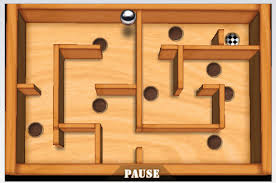In the stillness, I heard the Lord speak.
I’d just returned from a restaurant and entered my hotel room. In some places, housekeeping staff can be snoopy or worse, so I used two tiny padlocks on my suitcases as a deterrent.
I opened the first lock and rummaged around looking for my phone cord. When I went to unfasten the other lock, the key was gone! I’d only laid it down for a second. How could it disappear? A frantic search ensued. Would I have to cut open my bag?
Finally, I entered the dark bathroom, took a deep breath, and prayed. That’s when God whispered. “I am going to give you a key.” It wasn’t audible. The phrase just floated to the surface of my mind. I paused to think. He meant something beyond the luggage key—another double meaning.
My spiritual antenna went up.
I returned to my suitcase and almost immediately found the little lock key. It had slipped out of sight between some folded shirts. I thanked God, but remained alert.
What are you saying to me, God? At the time, I felt very angry and unresolved with someone in my life. Still, nothing happened right away.
An hour later, I watched a movie on a laptop, using a small amplifying appliance to increase the sound. All at once, I noticed the brand name of the appliance: Edifier. Made by a Chinese company, Edifier International specializes in audio equipment. But the term is well known in Christianese because it’s used nearly a dozen times in the New Testament. (KJV)
An edifier, by definition, is a person who instructs in order to encourage intellectual, moral, or spiritual improvement. And God spoke this word to me with metaphorical emphasis through “amplifying speakers,” making His message loud and clear. The creative language of God is surprising and even funny at times.
However, it wasn’t funny to me then. To edify was the key—but it was the last thing I wanted to do. In essence God was saying, “Don’t rip into this person regarding her failures. Instead, remind her who she really is—the person I made her to be before all the disappointments.”
God was asking me to move in the opposite spirit.Continue reading













